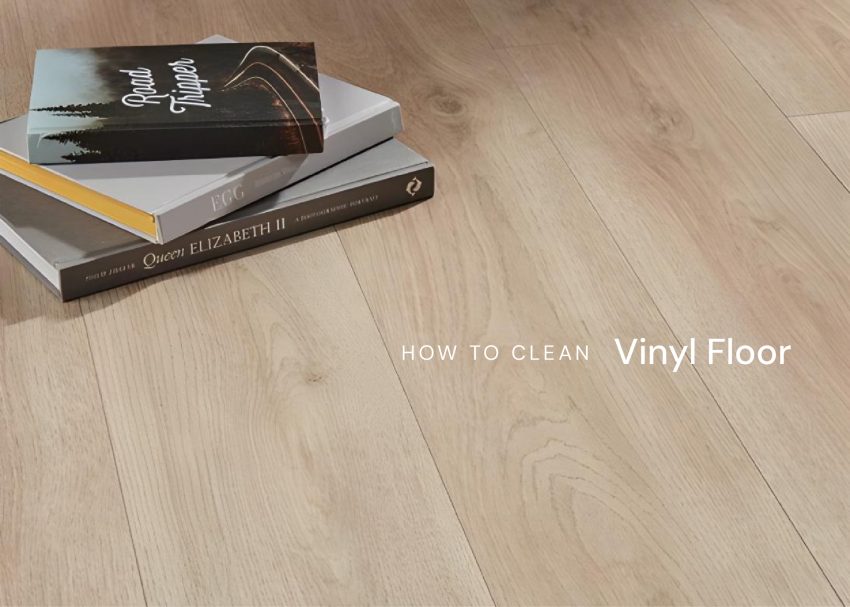Vinyl floors look amazing at first, but keeping them shiny can be a mystery. They don’t need harsh cleaners or tons of scrubbing. This guide will show you how to clean vinyl flooring by yourself, the right way. We’ll cover what to use, and how to tackle dirt and even stains. Let your floors can keep looking great for years to come.
How to Clean Vinyl Flooring?
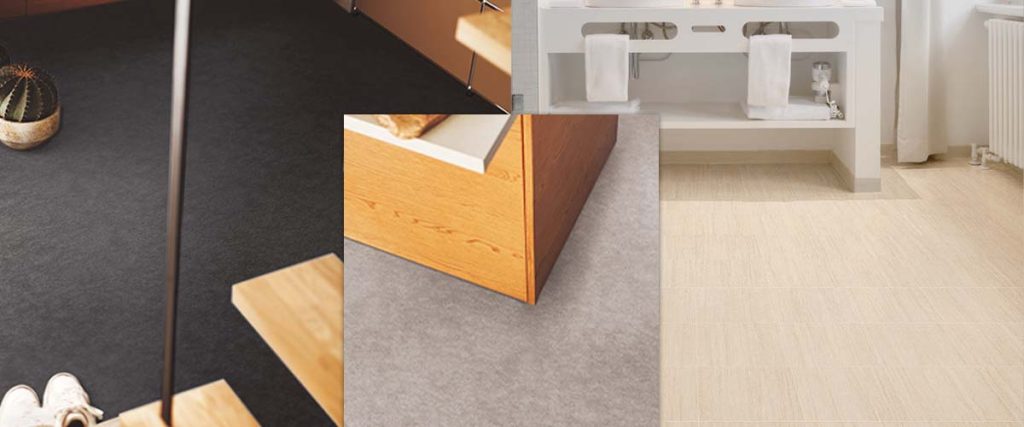
Vinyl flooring is popular because of its toughness, adaptability, and affordability. It is also suitable for homes and business spaces. Despite its many advantages, regular cleaning is essential to maintain its attractiveness and durability. So, for the right guide to cleaning vinyl sheet floors, check out the best methods from vinyl floor experts below!
Vinyl Floor Cleaning Equipment and Supplies:
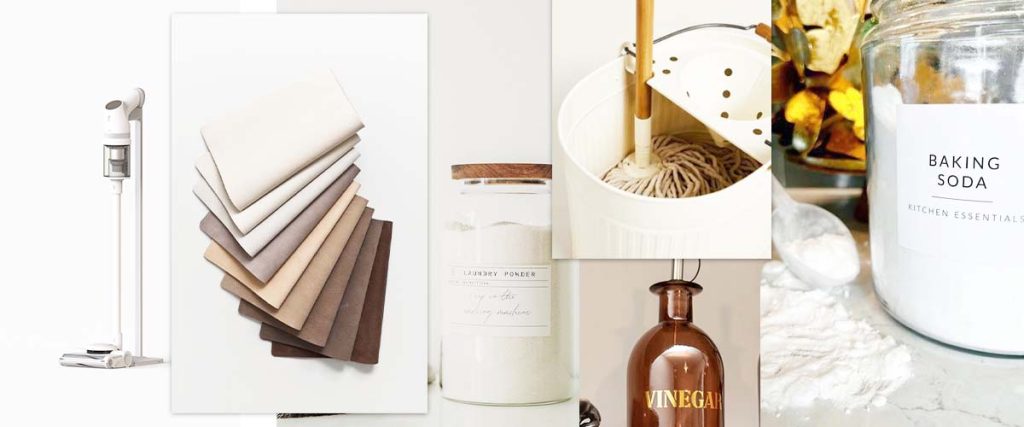
Cleaning vinyl floors is easy with the right tools and equipment. Before heading to vinyl floor cleaning tips, here are the important things you need to prepare to maintain the beauty and longevity of your vinyl floor:
- Vacuum cleaner or broom
- Mop or microfiber cloth
- Mild detergent or vinyl flooring cleaner
- Warm water and a bucket
- Baking soda (if the stain is stubborn)
- Vinegar (optional)
Vinyl Floor Cleaning Steps:
1. Sweep or Vacuum the Floor Regularly
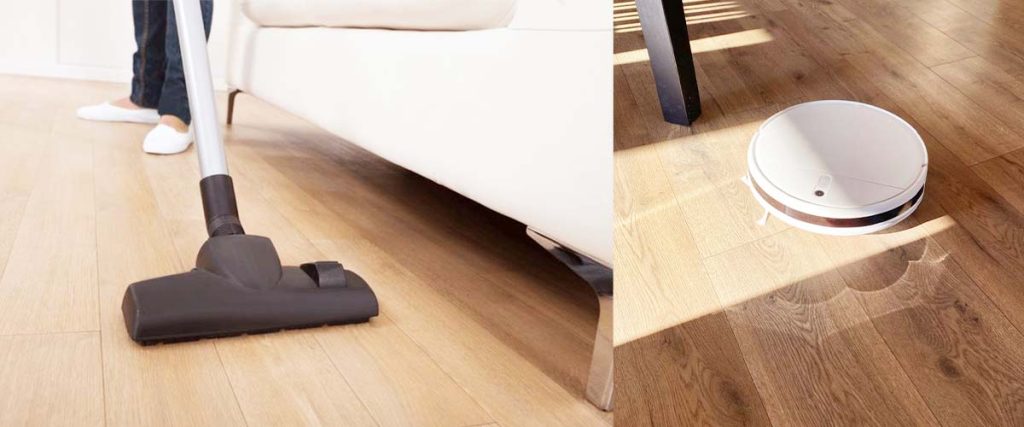
Use a soft-bristled broom or vacuum cleaner to avoid scratching the vinyl floor. A vacuum cleaner with a microfiber pad can suck up fine dust and hair efficiently. Use special attachments to get into corners or crevices where dust accumulates. Be sure to vacuum under furniture to remove hidden dirt.
2. Wipe Spills or Stains Immediately
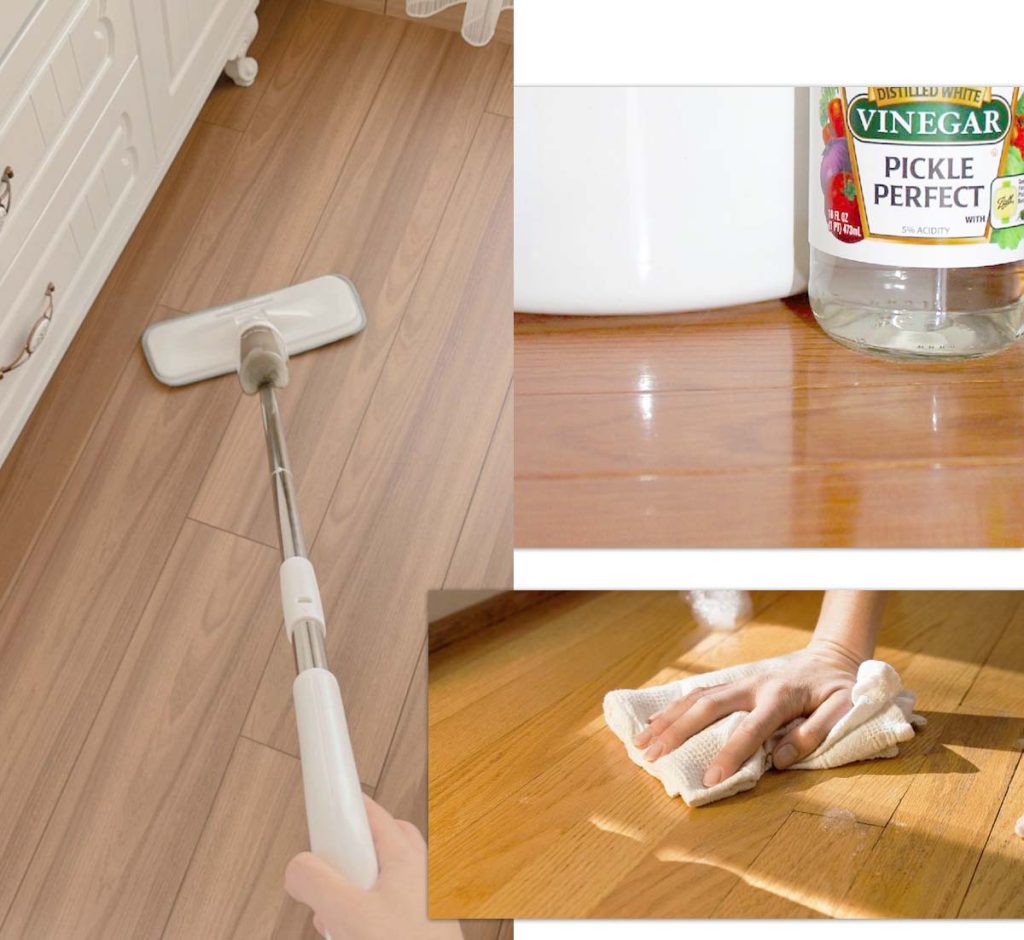
If there are spills or stains, wipe them immediately. Use a microfiber cloth to wipe spills, as it is gentle on the vinyl floor surface and highly absorbent, preventing water damage and stains.
Consider a 1:1 solution of white vinegar to water. Test the solution on a small area first to ensure it doesn’t discolor the vinyl floor. For oily spills, use baking soda. Sprinkle it on the stain and let it sit for 15 minutes; it will absorb the oil. Then, vacuum the powder and clean it with a damp microfiber cloth.
3. Dry Mop for Light Dust
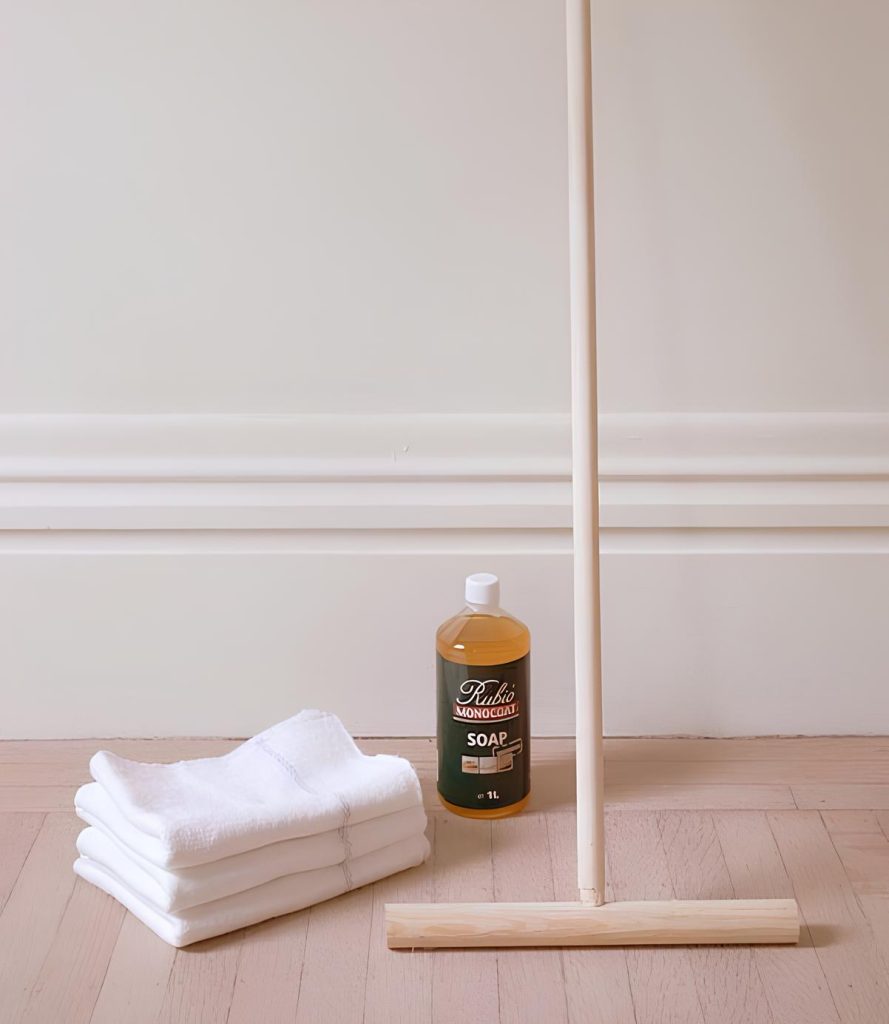
Use a dry microfiber mop to clean up any remaining dust or dirt immediately. It also keeps the floor dry without water. Water trapped under the vinyl can cause the glue to bubble, mold, or peel easily. Don’t forget to wash your mop head regularly to prevent it from spreading dirt back onto your floor.
Hidden Tips Rarely Know:
- Avoid harsh chemicals or abrasive cleaners such as ammonia or bleach, as they can damage your vinyl flooring.
- Don’t use too much water, as standing water can soak into the seams and cause the vinyl floor to warp or lift.
- Use vinyl floor polish or lemon rub to restore its shine if your vinyl floor is dull.
How to Maintain Vinyl Flooring?
Vinyl flooring maintenance is essential to keeping your floors looking the best and extending lifespan. You can ensure your floors remain beautiful and functional for years with a few simple routines and considerations. In addition to regular cleaning, maintaining vinyl flooring is also very important to maintain its appearance and longevity. The following guide will walk you through the essential steps to keep your vinyl flooring in top condition, ensuring it continues to enhance the beauty and comfort of your home.
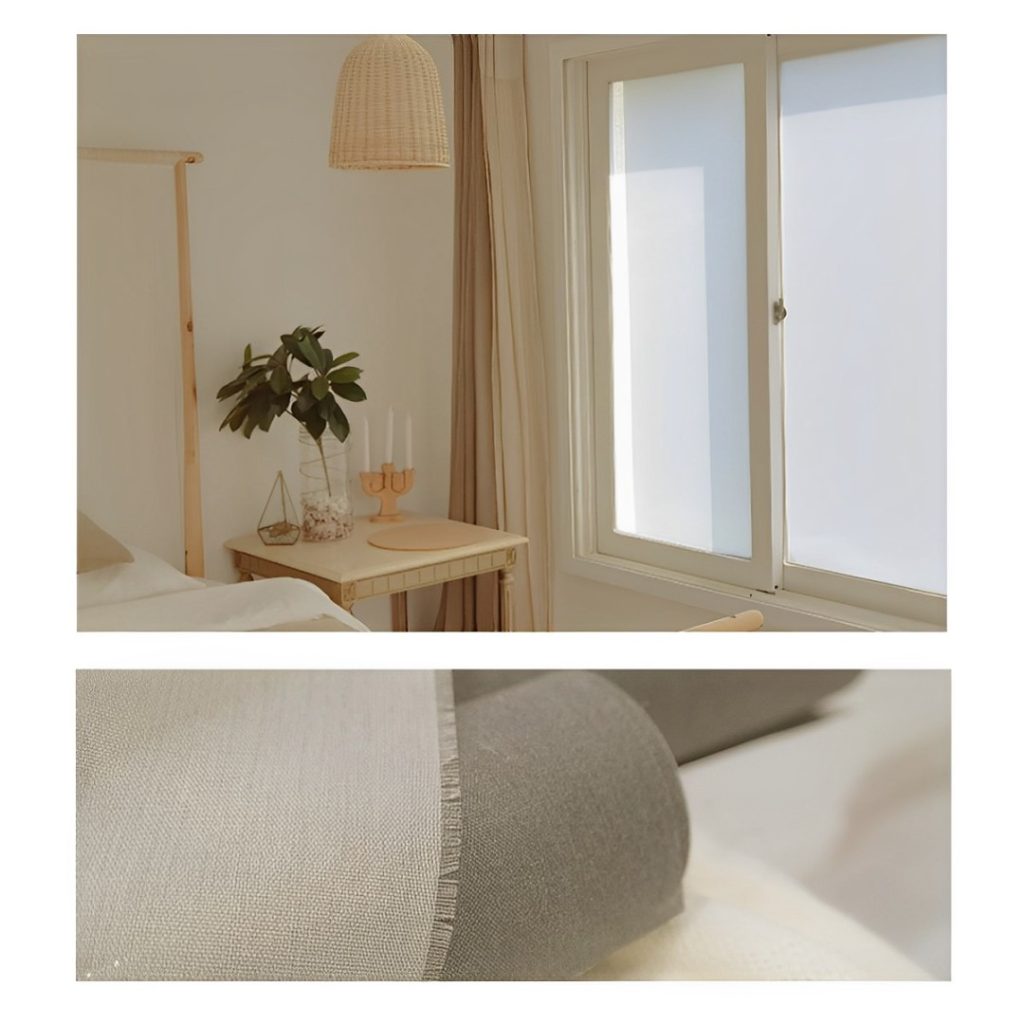
- Install window blinds to block or filter sunlight.
Vinyl flooring is susceptible to damage from prolonged exposure to direct sunlight. Consider using UV-blocking window films or curtains to reduce the sun’s intensity without completely darkening the room. It preserves the original color and minimizes the thermal stress on the vinyl flooring, preventing heat-related damage.
- Plants or mini trees should be put outside the windows.
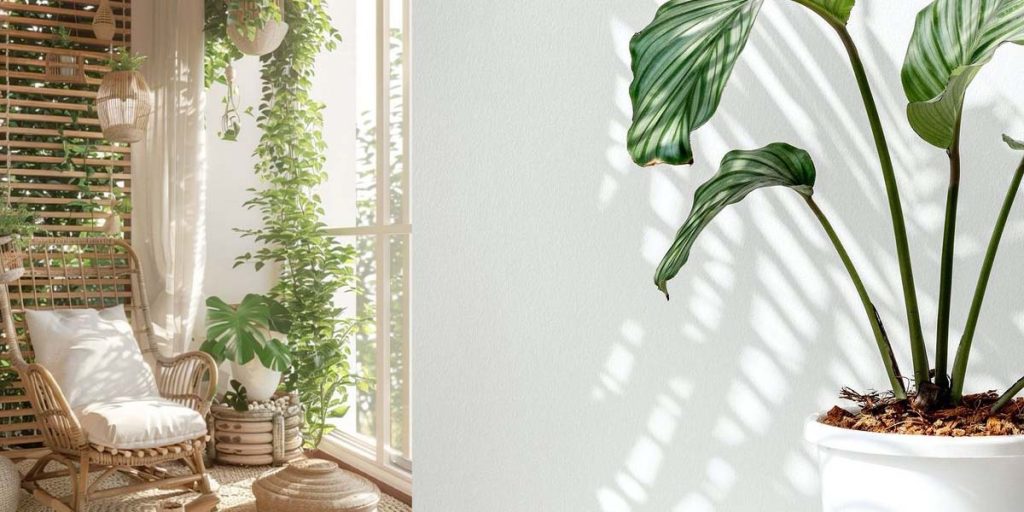
Consider planting trees outside your windows to create a natural shade that significantly reduces the amount of direct sunlight entering your home. This simple yet effective solution helps to shield your vinyl flooring from UV damage, preventing fading and discoloration over time.
- Prevent Scratches
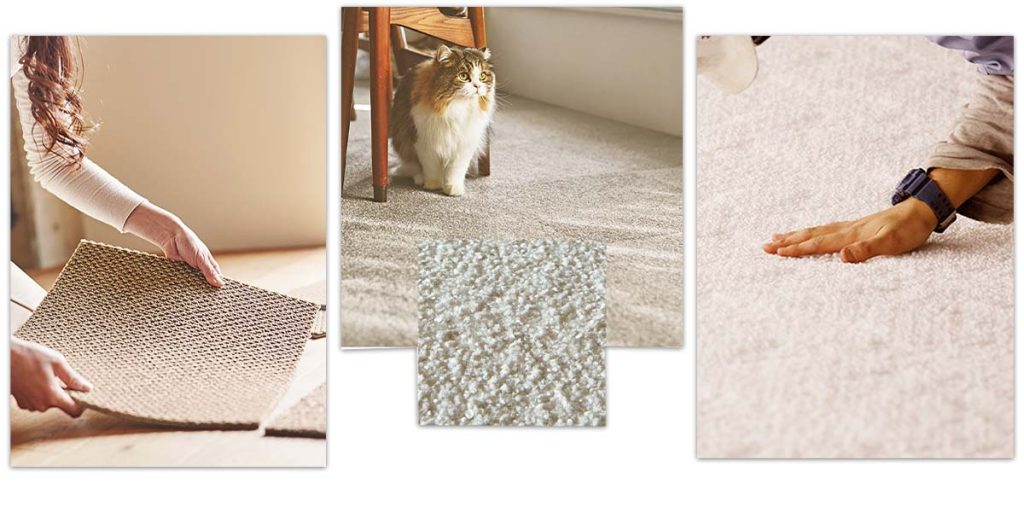
Use rugs or doormats in high-traffic areas to protect floors from wear and tear. That will help prevent scratches and scuffs from daily use and furniture movement. It is also essential to place cloth pads under furniture legs and avoid dragging heavy objects across the floor.
- Maintain Proper Humidity
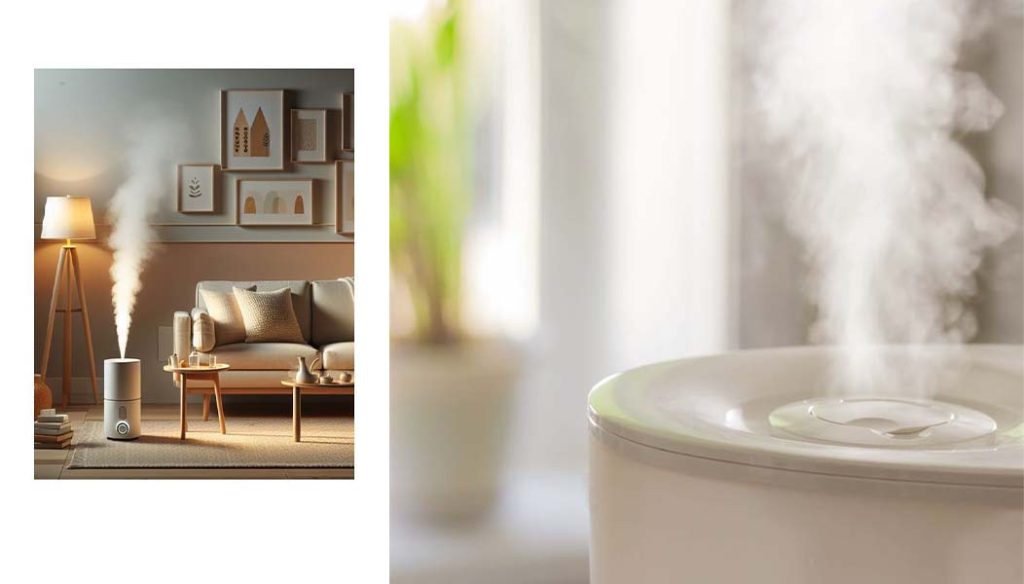
Maintain indoor humidity levels to prevent the vinyl from warping. So that, use a humidifier in dry climates and a dehumidifier in humid climates to maintain optimal conditions. This prevents the vinyl floor from becoming brittle.
How to Choose The Best Vinyl Flooring?
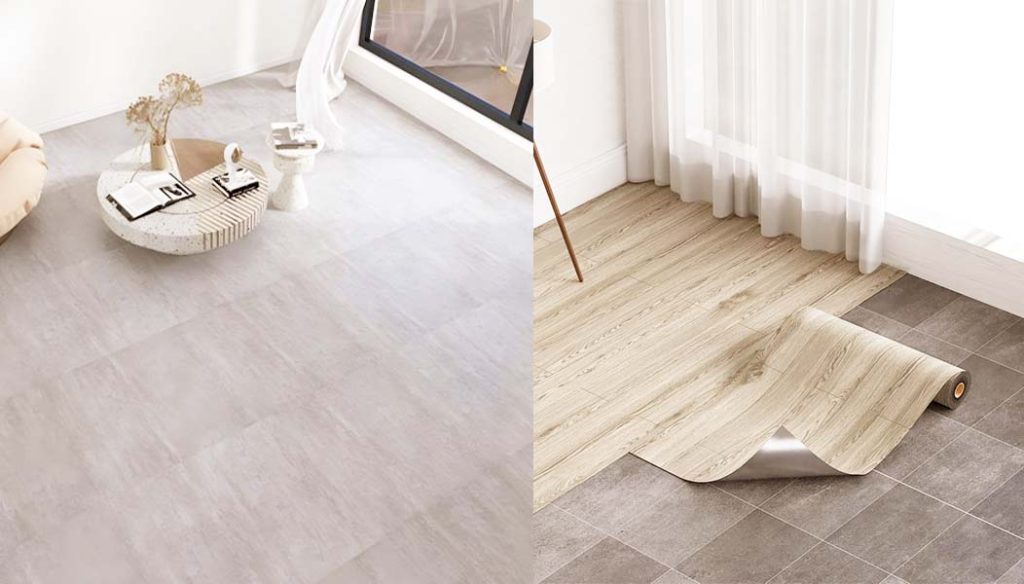
Choosing the best vinyl flooring involves considering several factors to ensure you select a durable, safe, and aesthetically pleasing option that suits your needs. Start by evaluating the thickness and wear layer of the vinyl, as thicker options with a robust wear layer offer better durability and longevity. Beside that, consider the type of vinyl flooring, whether vinyl sheets, based on the installation area and your preference. Pay attention to the design and texture to ensure it complements your interior decor.
Apart from that, look for waterproof or water-resistant vinyl flooring. Especially, for areas prone to moisture, such as kitchens and bathrooms. When selecting vinyl flooring, also consider the ease of maintenance and compatibility with various cleaning solutions for vinyl flooring.
If you have kids at home, you also need to consider the materials. Ensure the flooring is free from harmful chemicals such as phthalates, lead, and other heavy metals. Then, the vinyl flooring can prevent damage from spills and accidents. It provides extra comfort and withstands heavy foot traffic if you place it in the area where your kid often does activity.
You must know crucial information about how to clean vinyl flooring and solutions for cleaning vinyl flooring. Let’s make your flooring stunning with a perfect combination on your wall!

